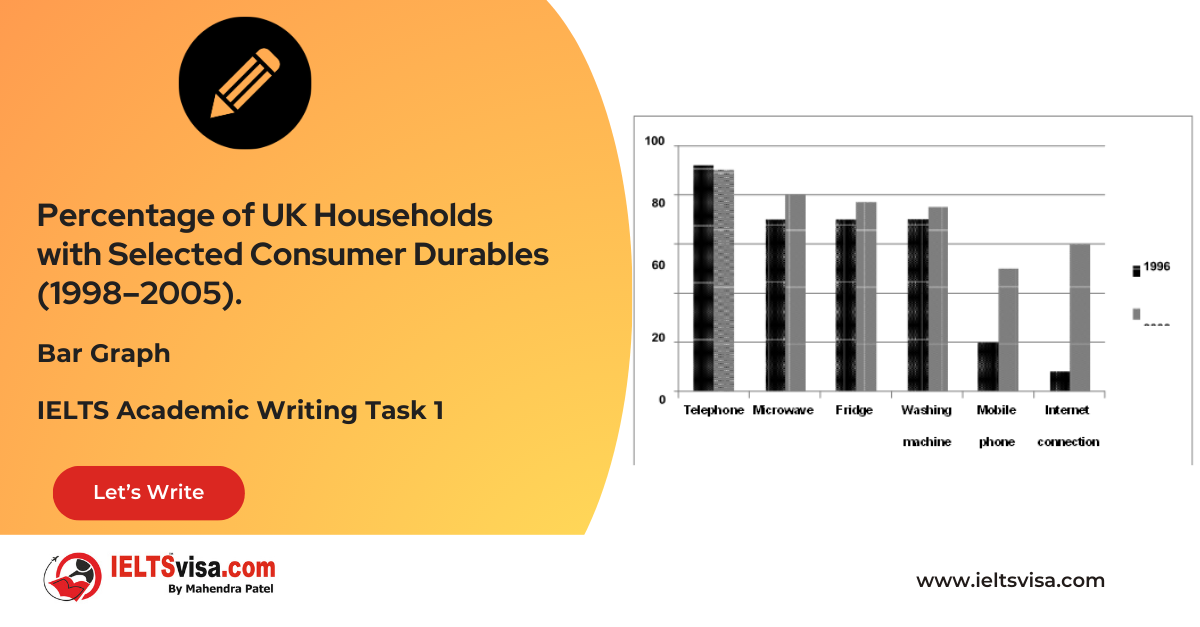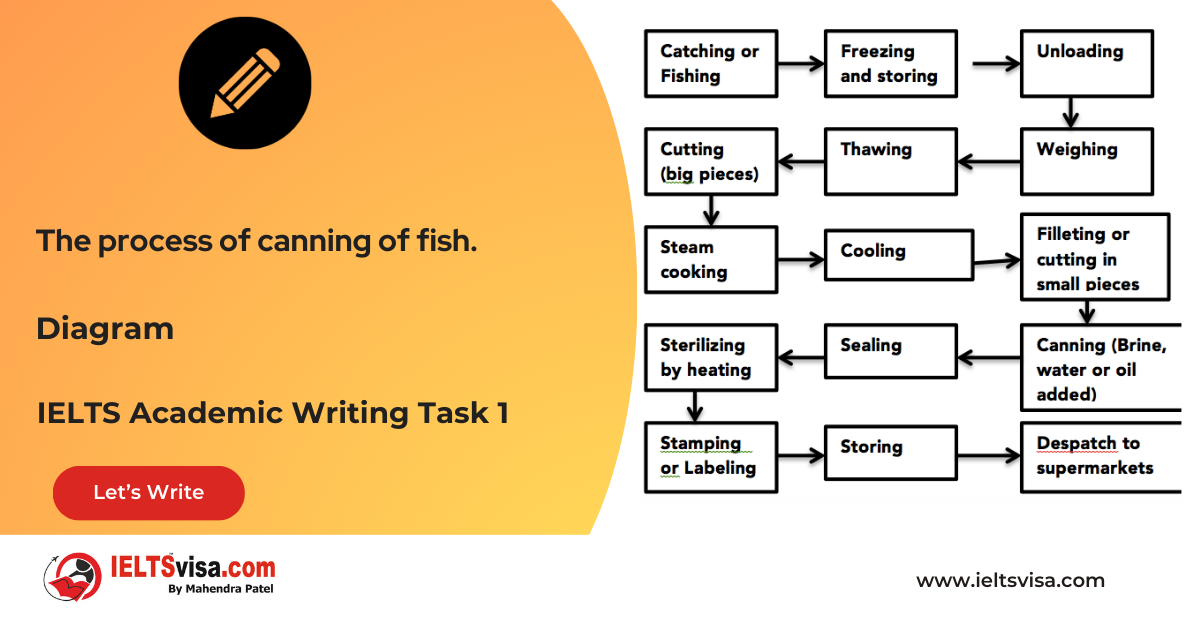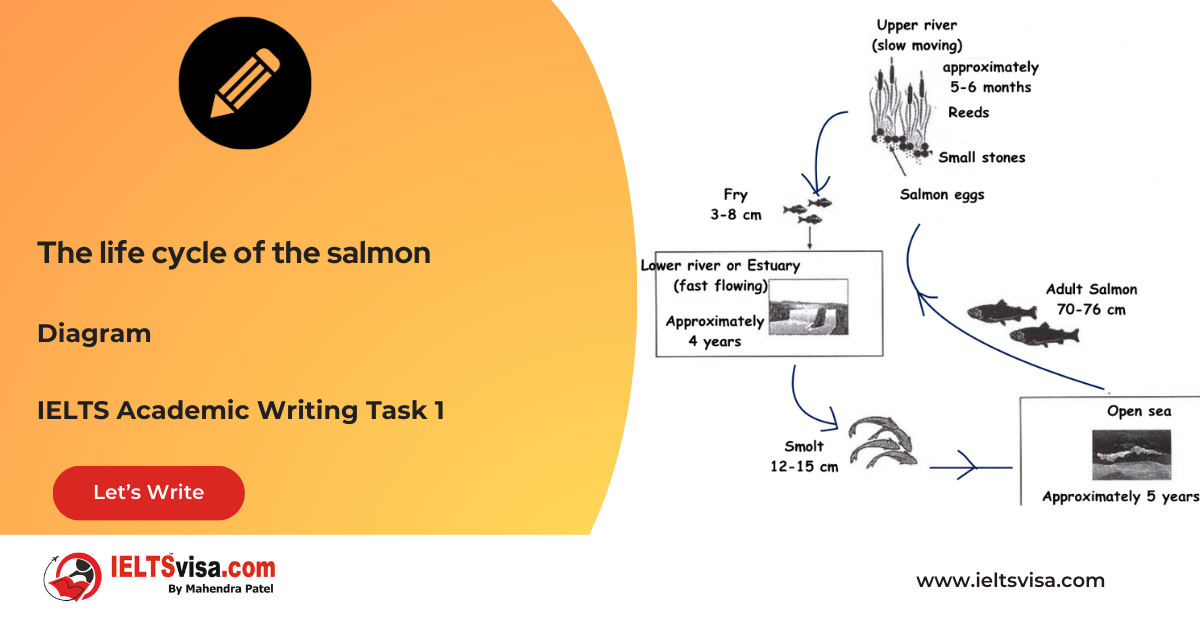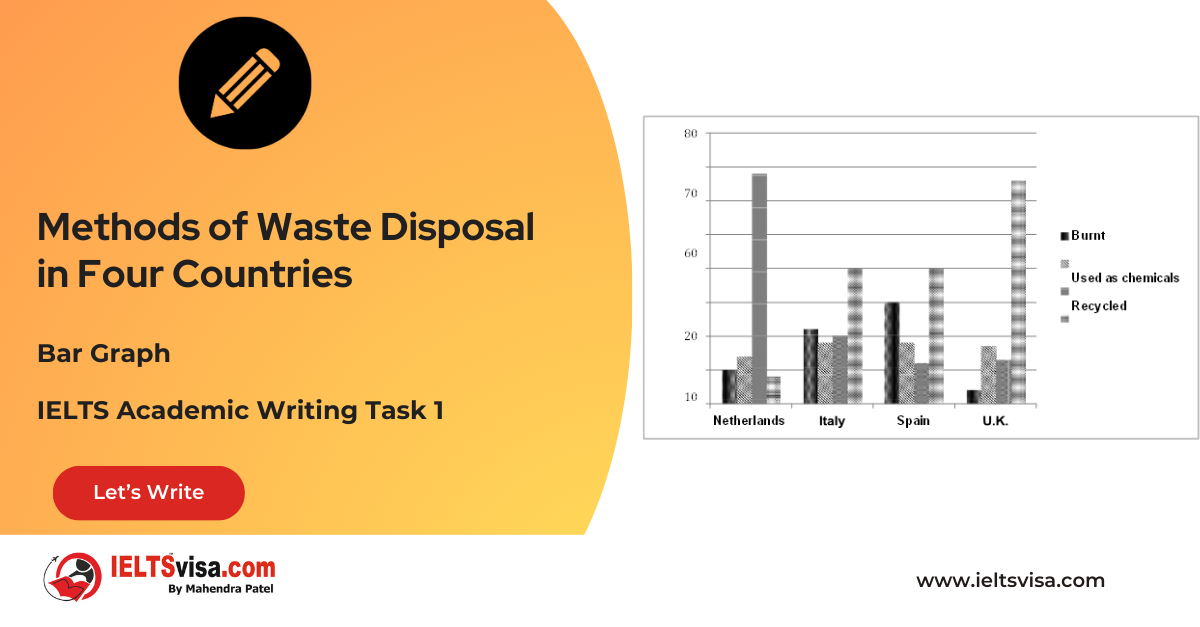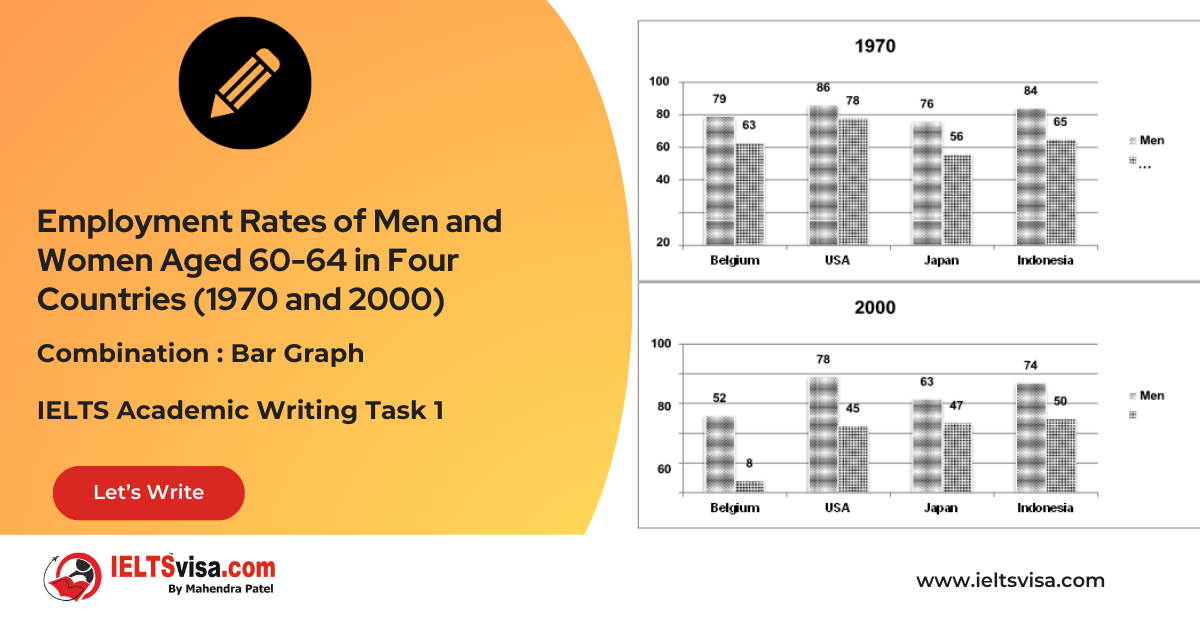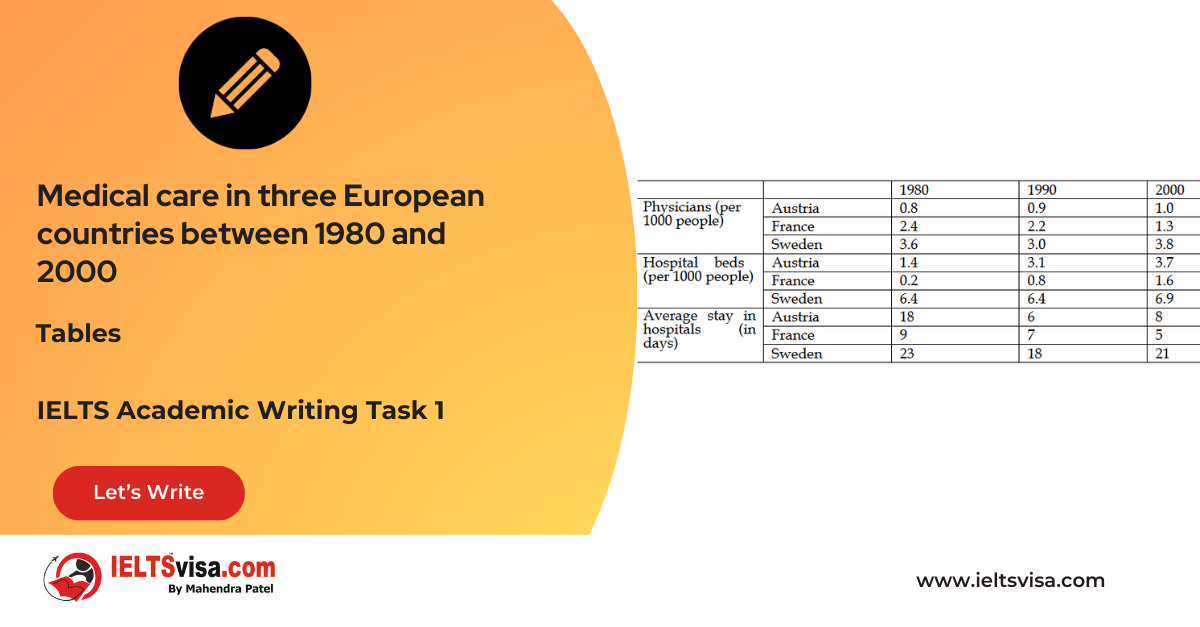The recycling procedure of glass bottles
IELTS Academic Writing Task 1 - Process
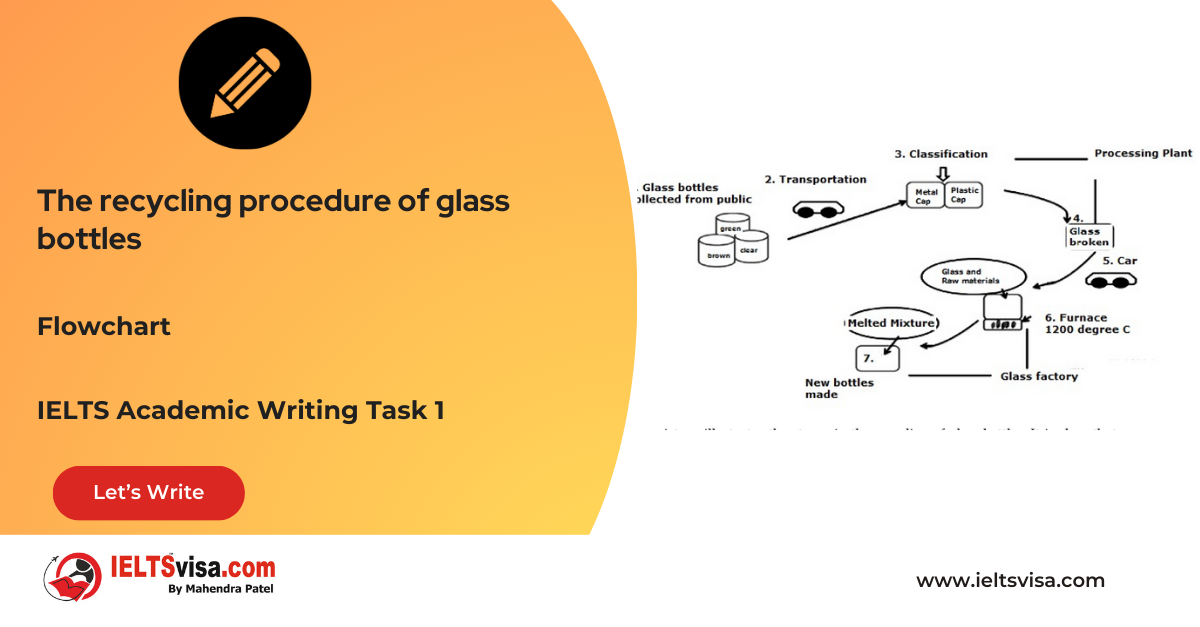
IELTS Writing Task 1 Question
The flow chart below shows the recycling procedure of glass bottles. Summarise the information by selecting and reporting the main features, and make comparisons where relevant

Common Questions for the Recycling Process Flowchart
1. Graph Type: Flowchart
2. Title: Recycling Procedure of Glass Bottles
3. What are the units of measurement?: Not applicable
4. Who: The public and recycling facilities
5. When: Not specified
6. Where: At collection points and processing plants
7. Topic: Stages involved in recycling glass bottles Comparison Showing and Trends
Comparison Showing and Trends Any change over time (such as an increase or a decrease) is a trend.
Comparison 1 : Collection and Segregation
- Details:
1. Collection: Glass bottles are gathered from the public.
2. Segregation: Bottles are sorted into three color categories: green, brown, and clear.
Comparison 2 : Processing Stages
- Details:
1. Transport: Bottles are taken to the processing plant for classification.
2. Cap Removal: Metal and plastic caps are removed before further processing.
3. Breaking and Melting: Broken glass is transported to a glass factory, where it is melted along with raw materials at a temperature of 1200°C.
Sample Answer
The flowchart illustrates the recycling procedure for glass bottles, detailing the seven stages involved in the process.
Initially, glass bottles are collected from the public and sorted into three distinct colours: green, brown, and clear. This segregation is crucial for efficient recycling. Following this, the bottles are transported to a processing plant, where the metal and plastic caps are removed in preparation for further processing.
The next step involves breaking the glass, which is then transported by vehicle to a glass factory. At the factory, the broken glass is mixed with other raw materials and heated in a furnace at a temperature of 1200°C. This high-temperature process allows for the glass to be melted down effectively.
In the final stage, the molten mixture is used to manufacture new glass bottles, completing the recycling cycle. Overall, the process of recycling glass bottles is comprehensive and involves multiple steps, emphasizing the importance of each stage in creating new products from recycled materials.
Top 30 Vocabulary
| Vocabulary (type) | Meaning | Synonyms | Examples |
| Illustrate (verb) | To explain or demonstrate something clearly | Show, depict | “The flowchart illustrates the recycling process.” |
| Segregation (noun) | The action of separating or setting apart | Separation, division | “Segregation of bottles by color is essential.” |
| Processing (noun) | The action of preparing or treating materials | Treatment, preparation | “The bottles undergo processing at the plant.” |
| Furnace (noun) | An apparatus for high-temperature heating | Oven, kiln | “The glass is melted in a furnace at the factory.” |
| Manufacture (verb) | To make or produce something, especially on a large scale | Produce, create | “New glass bottles are manufactured from recycled glass.” |
| Procedure (noun) | A series of actions conducted in a certain order | Process, method | “The recycling procedure involves multiple steps.” |
| Collect (verb) | To gather items from different places | Gather, assemble | “Glass bottles are collected from the public for recycling.” |
| Distinct (adj) | Recognizably different in nature from something else | Unique, separate | “The bottles are sorted into three distinct colors.” |
| Transport (verb) | To carry something from one place to another | Move, convey | “The bottles are transported to a processing plant.” |
| Preparation (noun) | The act of getting something ready | Readiness, groundwork | “Caps are removed as part of the preparation process.” |
| Break (verb) | To separate into smaller pieces | Shatter, fragment | “The glass is broken into smaller pieces for further processing.” |
| Vehicle (noun) | A means of transport | Car, truck | “The broken glass is transported to the factory by vehicle.” |
| Factory (noun) | A building where goods are produced | Plant, workshop | “The glass is processed further in the factory.” |
| Raw materials (noun) | Basic, unprocessed materials used to produce goods | Ingredients, resources | “Broken glass is mixed with raw materials before heating.” |
| Melt (verb) | To change from solid to liquid form due to heat | Liquefy, dissolve | “The glass is melted in the furnace at high temperatures.” |
| Cycle (noun) | A series of events that repeat in the same order | Loop, rotation | “The recycling cycle is completed when new bottles are produced.” |
| Comprehensive (adj) | Covering all or nearly all elements | Thorough, complete | “The recycling process is comprehensive, involving multiple steps.” |
| Emphasize (verb) | To give special importance or attention to something | Highlight, stress | “The process emphasizes the importance of bottle sorting.” |
| Crucial (adj) | Extremely important for success | Vital, essential | “Segregation of bottles is a crucial step in recycling.” |
| Recycling (noun) | The process of converting waste into reusable material | Reuse, reprocessing | “Recycling helps in conserving natural resources.” |
| Molten (adj) | Made liquid by heat | Liquefied, melted | “The molten glass is used to create new products.” |
| Efficient (adj) | Performing in the best possible manner with minimal waste | Effective, streamlined | “Segregation ensures efficient recycling.” |
| Stage (noun) | A specific step in a process | Phase, level | “Heating the glass in a furnace is a critical stage.” |
| Manufacturing (noun) | The production of goods on a large scale | Production, fabrication | “Manufacturing new glass bottles completes the recycling process.” |
| Reuse (verb) | To use something again | Repurpose, recycle | “The recycled glass is reused to produce new products.” |
| Sustainability (noun) | The ability to maintain processes without exhausting resources | Conservation, endurance | “The process promotes sustainability by recycling waste.” |
| Dispose (verb) | To get rid of something | Discard, throw away | “Glass bottles should be disposed of properly for recycling.” |
| Utilize (verb) | To make use of something | Use, employ | “Recycled glass is utilized in the production of new bottles.” |
| Segregate (verb) | To separate into categories | Divide, sort | “Bottles are segregated by color before processing.” |
| Recycle (verb) | To process waste into reusable material | Reprocess, reuse | “Glass bottles are recycled to reduce waste.” |

Our Books
Master IELTS Speaking Part 1
IELTS Writing Task 1 Book
IELTS Writing Task 2 Book
Writing Task 1 Question Types
Practice IELTS Other Modules
IELTS Listening
The IELTS Listening test assesses how well you can understand spoken English in various contexts. It lasts about 30 minutes and is divided into four sections with a total of 40 questions. The listening tasks become increasingly difficult as the test progresses.
IELTS Academic Reading
The IELTS Academic Reading section assesses your ability to understand and interpret a variety of texts in academic settings. It is designed to evaluate a range of reading skills, including skimming for gist, reading for main ideas, reading for detail, understanding inferences, and recognizing a writer's opinions and arguments.
IELTS Speaking
The IELTS Speaking test assesses your ability to communicate in English on everyday topics. It lasts 11-14 minutes and consists of three parts: introduction, cue card, and a discussion based on the cue card topic.
IELTS General Reading
IELTS General Reading tests your ability to understand and interpret various types of texts. Here are some key areas and types of content you can expect to encounter in the reading section, along with tips for effective preparation.
IELTS Academic Writing Task 1
In IELTS Academic Writing Task 1, you are presented with a visual representation of information, such as graphs, charts, tables, or diagrams, and you are required to summarize, compare, or explain the data in your own words.
IELTS General Writing Task 1
In IELTS General Writing Task 1, you are required to write a letter based on a given situation. The letter can be formal, semi-formal, or informal, depending on the prompt. Here’s a breakdown of the key components to include in your letter
IELTS Academic Writing Task 2
In IELTS Academic Writing Task 2, you are required to write an essay in response to a question or topic. Here’s a guide to help you understand the essential elements of this task
IELTS Exam Tips
To succeed in the IELTS exam, practice regularly, familiarize yourself with the test format, improve your vocabulary, develop time management skills, and take mock tests to build confidence.
Grammer for IELTS
Grammar is the foundation of effective communication in English. Understanding tense usage, subject-verb agreement, and sentence structure enhances clarity and coherence in writing and speaking.
Vocabulary for IELTS
Vocabulary plays a crucial role in the IELTS (International English Language Testing System) exam, especially in the Speaking and Writing sections. Here’s an overview of why vocabulary is important and how it impacts your performance
RECENT IELTS SAMPLES QUESTIONS AND ANSWERS
Task 1 – Bar Graph – Percentage of UK Households with Selected Consumer Durables (1998–2005).
[df_adh_heading title_infix="IELTS Writing Task 1 Question" use_divider="on"...
Task 1 – Diagram – The process of canning of fish.
20:00 Start Pause Stop [df_adh_heading title_infix="IELTS Writing Task 1 Question" use_divider="on"...
Task 1 – Diagram – The life cycle of the salmon
20:00 Start Pause Stop [df_adh_heading title_infix="IELTS Writing Task 1 Question" use_divider="on"...
Task 1 – Bar Graph – Methods of Waste Disposal in Four Countries
[df_adh_heading title_infix="IELTS Writing Task 1 Question" use_divider="on"...
Task 1 – Combination : Bar Graph – Employment Rates of Men and Women Aged 60-64 in Four Countries (1970 and 2000)
[df_adh_heading title_infix="IELTS Writing Task 1 Question" use_divider="on"...
Task 1 – Table – The information about medical care in three European countries between 1980 and 2000
20:00 Start Pause Stop [df_adh_heading title_infix="IELTS Writing Task 1 Question" use_divider="on"...

